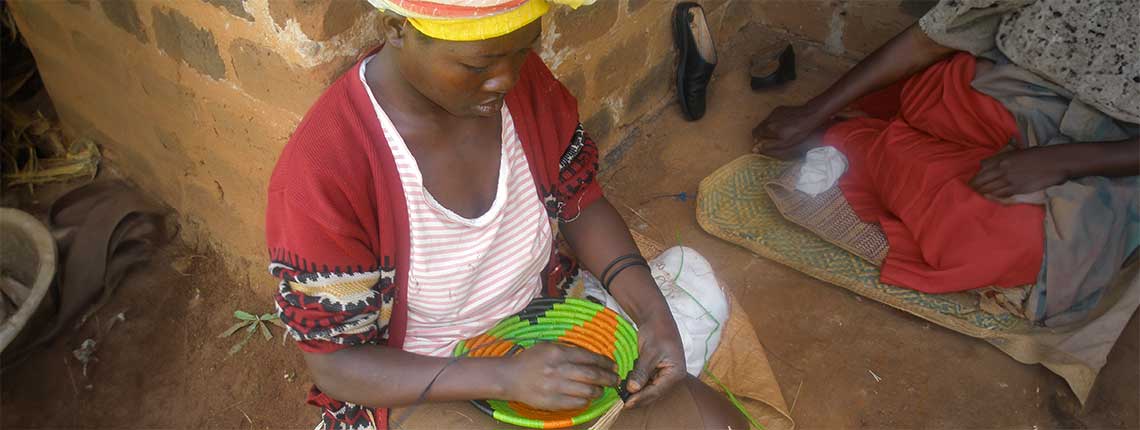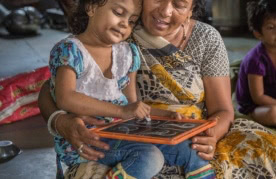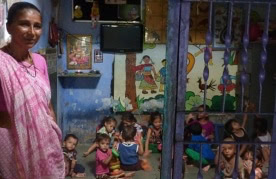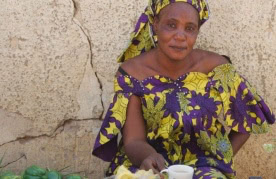By
Edwin Bett, WIEGO
African home-based workers are at the bottom of craft supply chains. Through an increased understanding of those supply chains they could overcome some of the challenges they are facing and improve their livelihoods.
Recent Posts
This year’s World Day for Decent Work on October 7 calls for improved investment in the care economy, including child care. WIEGO’s Social Protection Team has been bringing attention to the particular child-care needs of women informal workers since launching the Child Care Campaign in 2017. Here, Rachel Moussié, Deputy Director for Social Protection, outlines four essential factors that need to be addressed to ensure child care reaches the most vulnerable working women.
By
Annie Devenish, Laura Alfers
October 7 is World Day for Decent Work with a focus this year on “investing in the care economy.” Whether providing preventative health information, yoga classes or support in navigating official paperwork, community health workers spend their long days delivering invaluable benefits and care to members of the Self-Employed Women’s Association (SEWA). These women are part of the SEWA Social Security Team's Shakti Kendras (empowerment centres), operating across several Indian states.
This article is excerpted from a Workers’ Lives essay, which offers an intimate look at those who work in the Shakti Kendras, the wide range of services they provide in a challenging policy environment, and what they gain in return.
By
Teresa Marchiori, Olga Abizaid
Policymaking that impacts informal workers rarely comes with first-hand knowledge of their lives and needs. A new initiative in Dakar, Senegal, aims to change that. WIEGO’s Exposure Dialogue Programme gives lawyers and city officials two full days with workers — living and working alongside them — to experience their everyday realities and to use this experience to rethink legal and policy frameworks at a time when the city and the country are transforming rapidly.
By
Teresa Marchiori, Olga Abizaid
Les politiques ayant un impact sur la vie des travailleuses et travailleurs de l’informel sont rarement élaborées sur la base de la connaissance de première main de leurs vies et besoins. Une nouvelle initiative à Dakar, au Sénégal, vise à changer cette situation. Le Programme de contact-dialogue de WIEGO propose aux avocates, avocats et autorités municipales de vivre et travailler côte à côte avec les travailleuses et travailleurs pendant deux journées complètes. L’objectif est de repenser les cadres juridiques et politiques à partir du contact avec les réalités quotidiennes de ces travailleurs, dans un contexte où la ville et le pays subissent des changements rapides.
By
WIEGO Blog
WIEGO’s Organization & Representation Programme Director, Jane Barrett, talks about the ILO’s Recommendation 204 on formalizing the informal economy and the progress South Africa has made that we can learn from.





